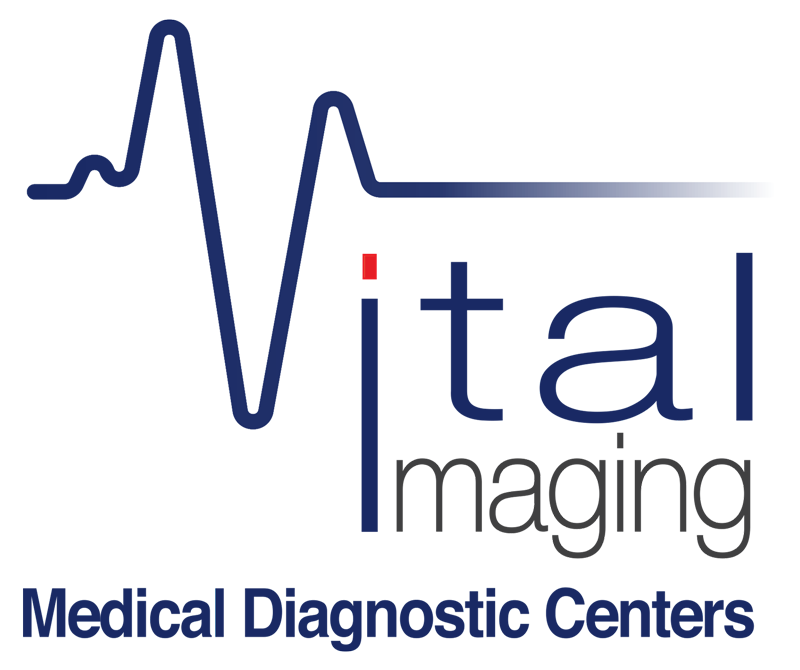
Just the term nuclear medicine may concern you. But it’s not something sci-fi and scary. In fact, you may have had instances of nuclear medicine prescribed over the years and never even heard that phrase. So what, exactly, is nuclear medicine? And is it safe?
What is Nuclear Medicine?
Nuclear medicine is an imaging technique that is helpful when a doctor needs to understand the functioning of an organ in order to make a diagnosis. The term “nuclear” has nothing to do with what we commonly think of as nuclear in war or energy. It has to do with the nucleus of the atom. Consequently, nuclear medicine is highly sensitive and is able to identify diseases before many other testing methods.
How is it Different From Other Diagnostics?
This imaging differs from other diagnostic exams such as CT, MRI or X-rays because it uses a tiny amount of radioactive tracer that will show up in specific organs. This can produce a high-quality image of the organ and show whether it is functioning properly. Before nuclear medicine, diagnosing issues in organs often required surgery.
With nuclear medicine, a small amount of these radiotracers are either injected into the bloodstream, inhaled or swallowed. The radiotracer will then travel to the specific area that requires examination and gives off a type of gamma-ray that is detected by specialized equipment. This type of imaging provides information that cannot be obtained with other procedures and can often have the potential to identify problems at their earliest stages.
What pharmaceutical is used will depend on which part of the body is being examined. Some radiotracers are specific to particular organs. Depending on the type of scan, it can take seconds or even days for the tracer to travel and accumulate at the organ that is being diagnosed. Consequently, there can be a wide range of scanning times.
Nuclear medicine is most commonly used for diagnostic reasons but it can also be extremely valuable for other therapeutic applications such as treatment of the thyroid, blood imbalances and pain from certain types of cancer.
Are Nuclear Medicine Procedures Safe?
Despite using small amounts of radioactive tracers, nuclear medicine is considered one of the safest diagnostic exams available. The amount of radiation used is comparable or even less than that of a typical diagnostic X-ray.
But Isn’t Radioactive Material Dangerous?
We don’t consider this but in the daily course of our lives, we come into contact with radiation continually from both natural and manmade sources.
In most cases, approximately 85 percent of our annual exposure to radiation comes from rocks, soil and even carbon and potassium atoms in our own bodies. Other sources are from products in our homes from smoke detectors to televisions. The remaining exposure that we get from diagnostic exams and therapies are about the amount that we would be exposed to in our general environment during the course of normal living over a few months.
Most nuclear medicine procedures will have no effect on the patient and the scanning process itself is comfortable and non-invasive. At Vital Imaging, we would be glad to discuss your procedure and answer any of your questions regarding your nuclear medicine exam. Call our offices at (305) 596-9992.
